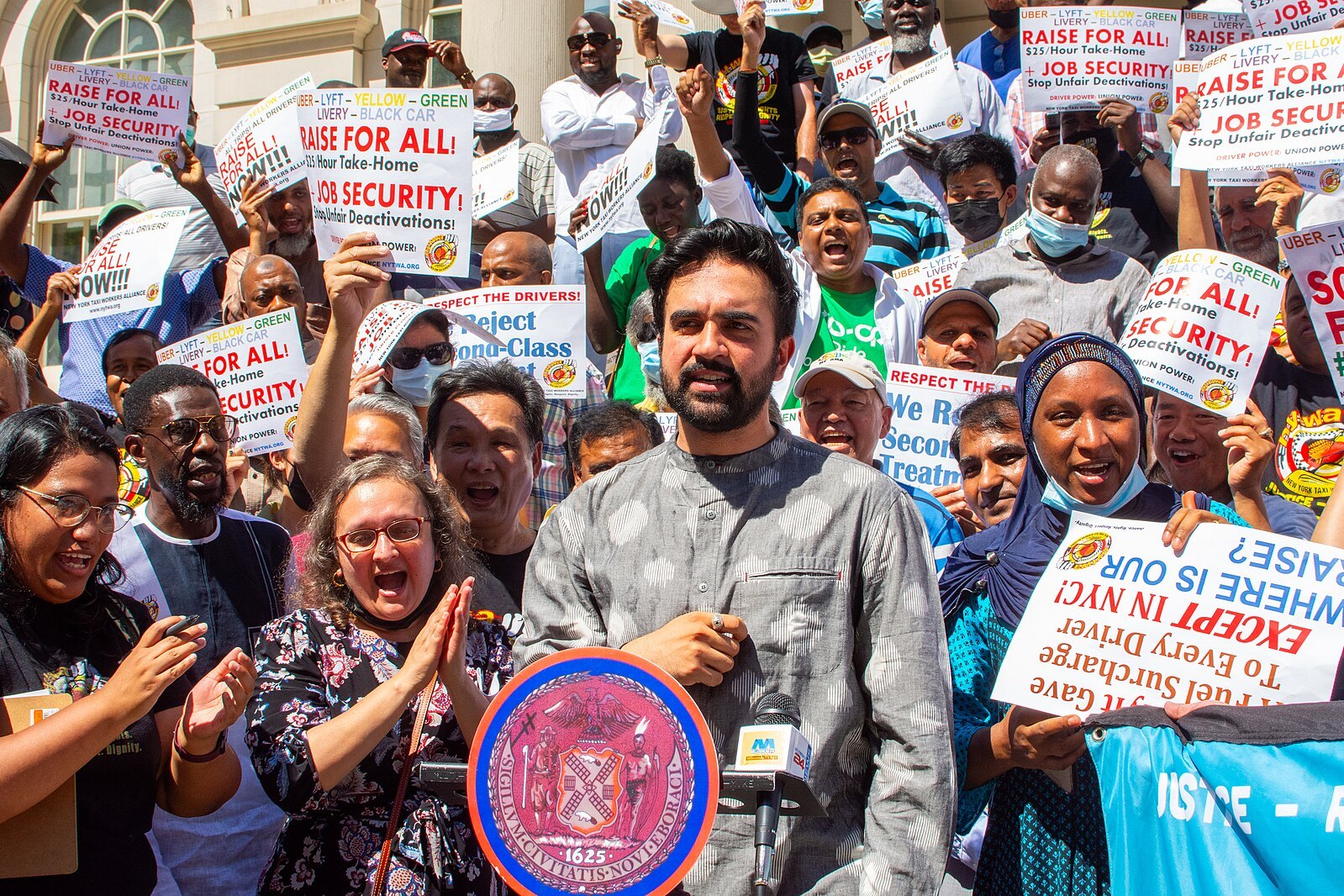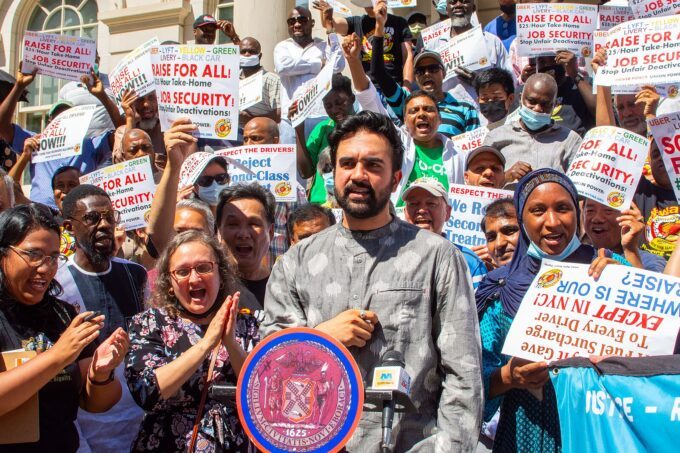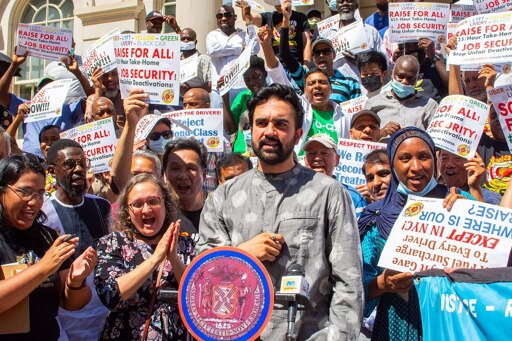

Photograph Source: InformedImages – CC BY 4.0
The subversive power of imagination In my last post I recalled the vision of historian William Appleman Williams seeking an American future beyond “empire as a way of life,” as he called and documented it through his career as one of the leading radical historians of the 20th century. Williams proposed reconstituting the United States as a confederation of regional commonwealths, each building social ecological economies geared to the needs of people and nature.
I quoted Williams from an earlier series I did on his thinking : “’We must return . . . to the Articles of Confederation. That document offers us a base from which to begin our voyage into a human future; a model of government grounded in the idea and the ideal of self-determined communities coming together as equals when and as necessary to combine forces to honor common values and realize common objectives.’ We must ‘create an American commonwealth of regional communities.’”
Obviously this is far from our current situation, where the Constitutional order is breaking down under an out-of-control president, a feckless Congress and a Supreme Court tilted far to the right. But this very breakdown opens the door to consider dramatically different alternatives. A system that brought us to this point obviously needs to change.
I posed Williams’ vision in the spirit of science fiction writer Ursula Leguin’s writings on the subversive power of imagination, which she demonstrated in her many books dreaming different worlds.
“The exercise of imagination is dangerous to those who profit from the way things are because it has the power to show that the way things are is not permanent, not universal, not necessary,” Leguin wrote. ”Having that real though limited power to put established institutions into question, imaginative literature has also the responsibility of power. The storyteller is the truthteller.”
We need imagination. We need vision to see beyond our current morass and point the way to a better world. Facing the darkness of our current situation, we have never needed it more. As much as we need to put up resistance to the depredations of the current administration, we also need to understand how we have fallen into this hole and how we can build our way out of it.
Two events show the way
Of course, when posing a bold dream, such as Williams’ vision of a new continental confederation, questions of practicality naturally rise. What are the paths forward? How do we get there from here? In the weeks since I wrote that earlier post, two events have occurred which point the way, the election of Zohran Mamdani as New York mayor, and the apparent election of Katie Wilson as Seattle mayor. The latest vote count put her ahead by an apparently unassailable margin, though it may go to a recount.
In both cities, common people are being crushed under the exploding costs of housing, food and other basic human needs. Both Mamdani and Wilson ran on practical platforms for municipal action where the market is failing to provide reasonable alternatives. They promised efforts to create affordable housing, rein in landlords and improve transit, among other elements. Each called for progressive taxation. Wilson’s platform is here. Mamdani’s is here. In each city, they beat long-term machine politicians in bed with business interests. They relied heavily on grassroots mobilization, being significantly outspent in their campaigns.
Each campaign demonstrates the beginnings of a path to the future. I say the beginning, because ultimately the level of political change that will be needed will require a vastly stronger and more widespread social movement than is present today. It will have to spread out from progressive urban cores, and will need to embody an agenda that moves beyond reform to deep transformation.
In terms of movement, we need to make ways to bring together a range of current movements around a common agenda. Among them, and this is by no means and exhaustive list, are municipalists, bioregionalists, democratic socialists and progressive populists, human rights advocates, labor activists, and people who are working for specific changes such as social housing, public banking and single-payer health care. A vehicle that can draw varied groups together is the community assembly. These are democratic forums that exist parallel to elected bodies which can develop a common platform and push for enactment. They can make democracy a continual process rather than just an exercise on election day.
In terms of ambition, it is clear that we are on shaky ground economically, socially and ecologically. The current economic system is concentrating power and wealth in too few hands. It is operating in a way that is causing social disintegration and ecological overshoot, particularly evident in climate heating. We need to build a new social ecological economic system that spreads wealth and power more broadly while operating within planetary boundaries. We need to begin building it in our cities and states, communities and bioregions.
The need for continued mobilization
None of this is to in any way downplay the stunning accomplishments of Mamdani and Wilson. They both ran steep uphill races against high odds, proposing changes that will improve life for most people. To achieve those changes they will have to continue the popular mobilizations that won them their new offices. The forces stacked against them will be huge. In this continued process, new coalitions can be drawn together and successes achieved that build toward greater ambition.
Ultimately, we can look to a deeply transformed political and economic system that really will turn around the crises facing our country and world. We need dreams and visions of what is possible to move us there. On the way, we can take practical steps in the places we live to move toward broader changes. The tasks facing us are monumental, but we can begin with steps we take in our own communities. We must build the future in place.
This first appeared on Patrick Mazza’s Substack page, The Raven.
The post How New York and Seattle Mayoral Victories Point the Way to Systemic Change appeared first on CounterPunch.org.
From CounterPunch.org via this RSS feed


